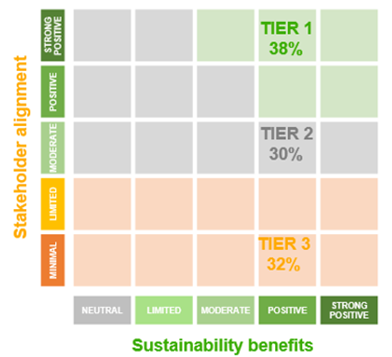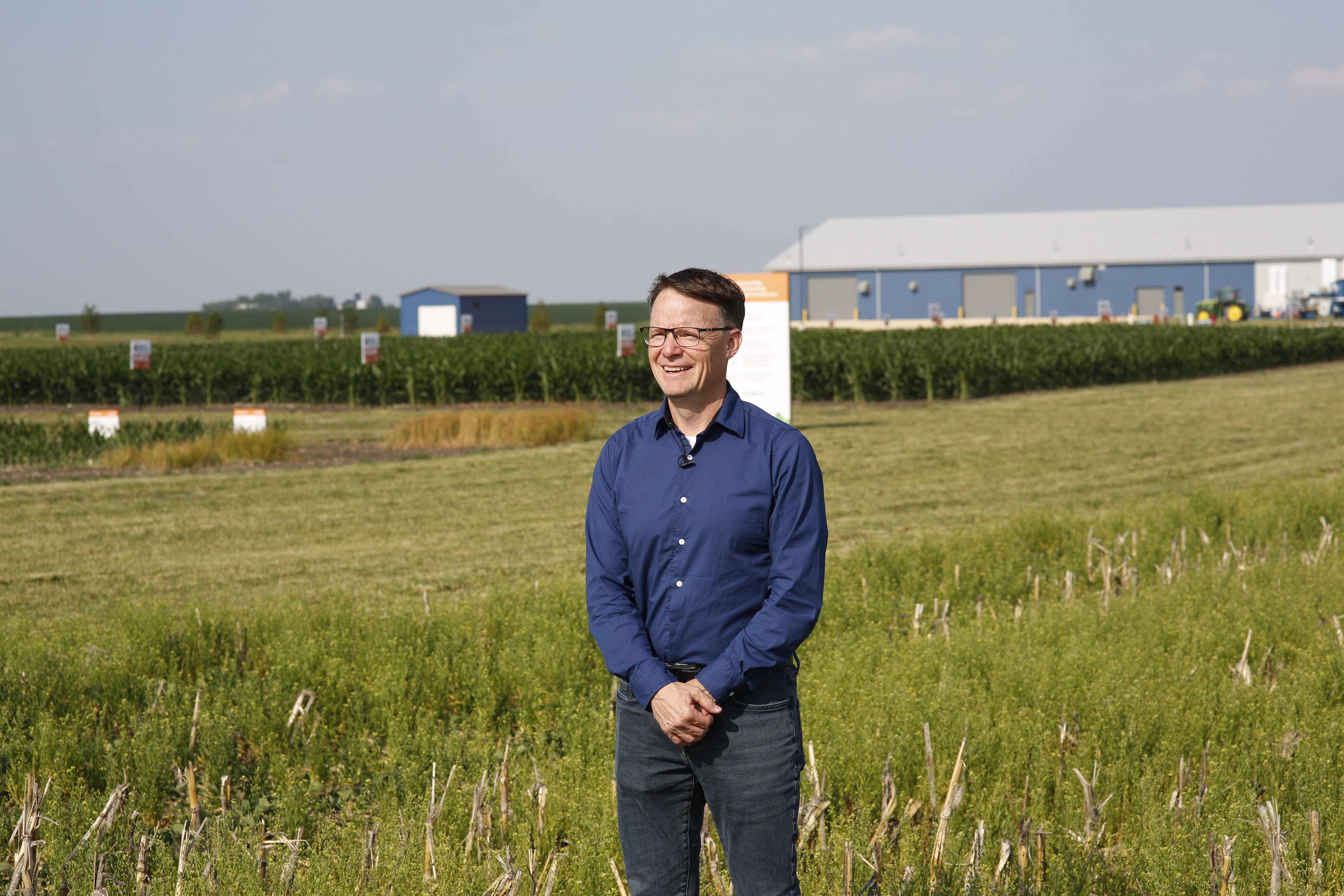Measuring what matters
Syngenta's bold step toward sustainability transparency
Syngenta News Service | May 2025
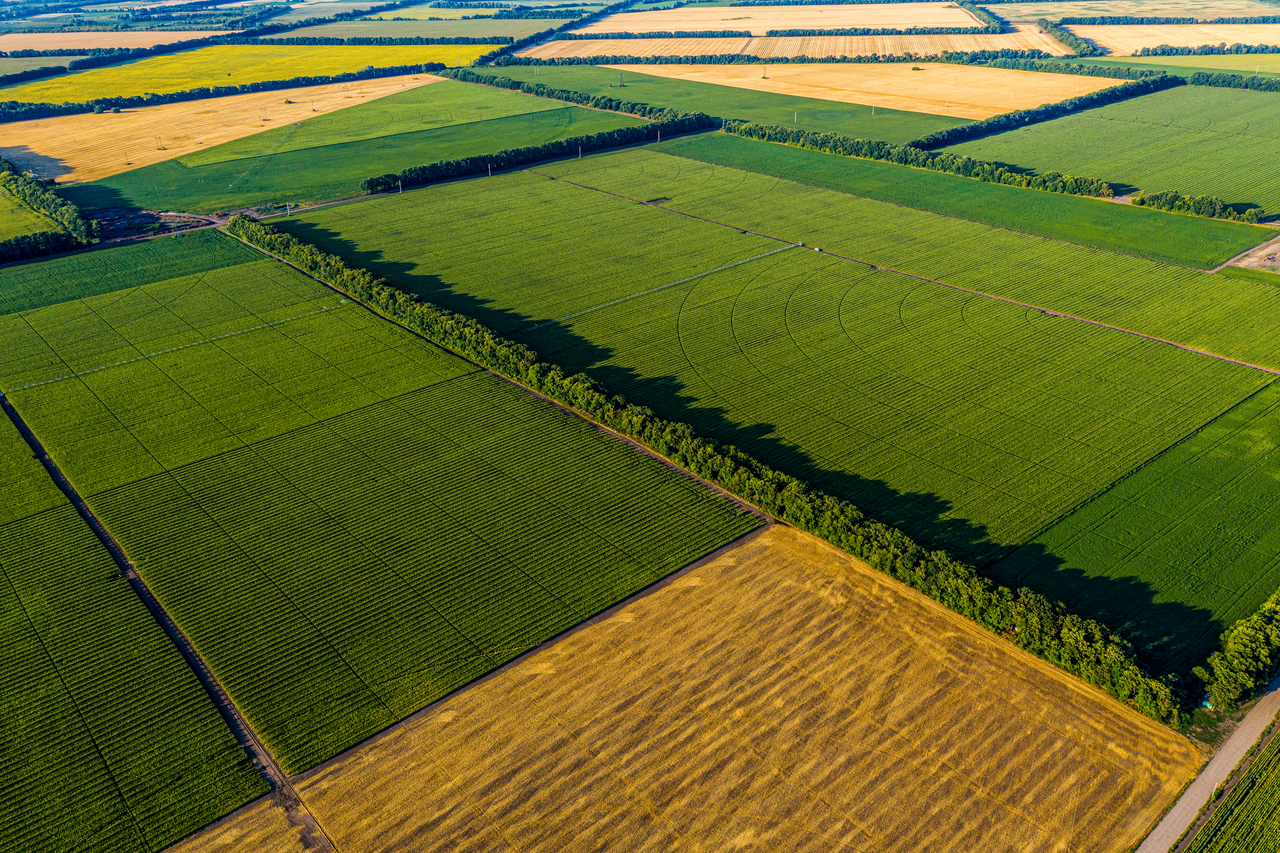
Measuring what matters
Syngenta's bold step toward sustainability transparency
Syngenta News Service | May 2025

Agriculture stands at the forefront of modern society's greatest challenges. It needs to feed a growing population set to reach nearly 10 billion by 2050, while also improving our planet.
Over the past six decades, there has been substantial progress in agricultural technology that has enabled farmers to harvest required yields with minimal expansion of farmland, optimizing water usage and protecting biodiversity.
While agriculture still accounts for nearly 22 percent of global greenhouse gas emissions, these technologies are helping reduce farming’s impact on the environment while making crops more resilient to changes in climate.
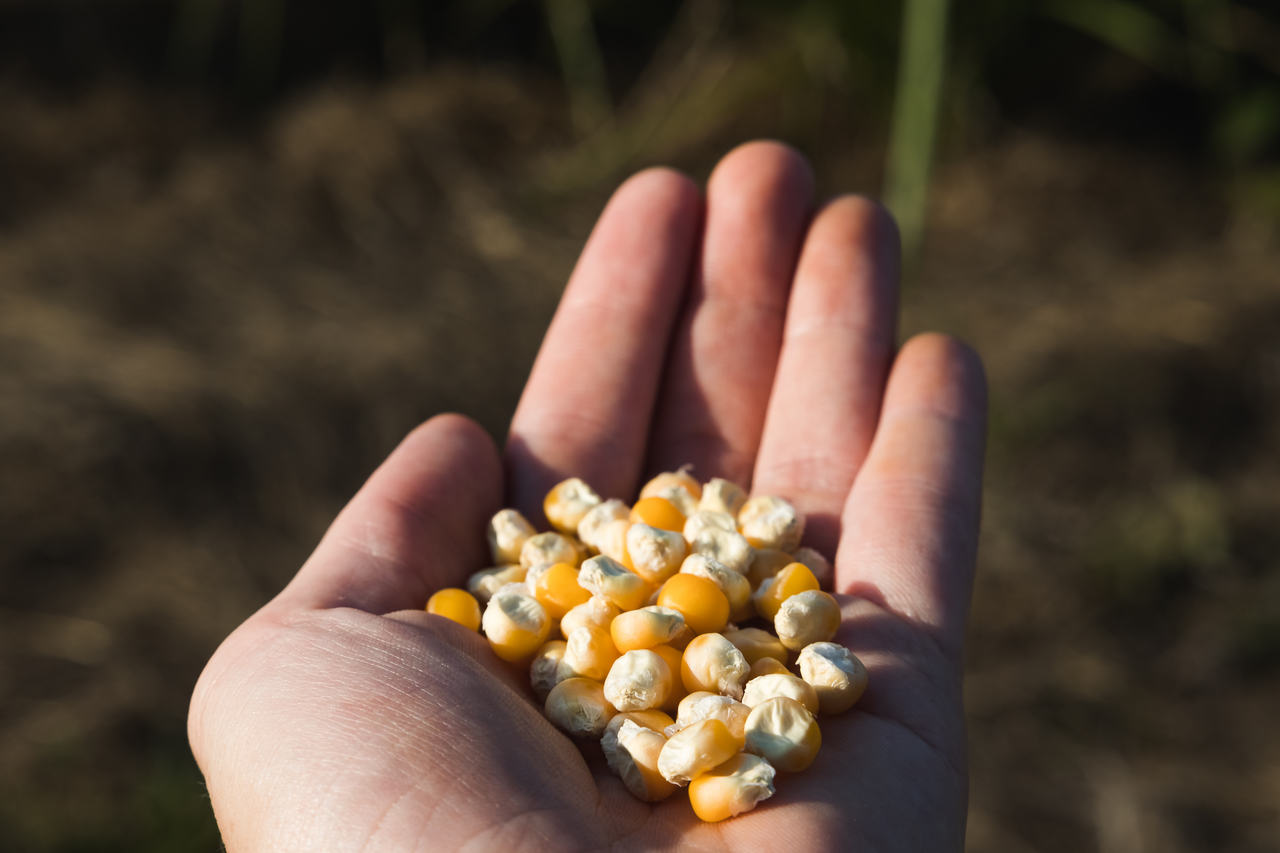
The next step
Syngenta has taken a bold step towards measuring and enhancing the sustainability of its product portfolio by expanding the coverage of its Portfolio Sustainability Framework (PSF), an innovative tool that evaluates the sustainability profile of the company’s portfolio across different crops and regions.
The PSF, which began with coverage of the Crop Protection business unit, has now expanded to include the Seeds Field Crops portfolio. This has resulted in Syngenta rating tens of thousands of combinations of formulated products and seeds products commercially available across specific crops and geographies, marking a new milestone in agricultural transparency.
The PSF’s ratings are based on a vast number of data points, from internal sources such as sales figures, product label information, carbon footprint assessments and regenerative agricultural practices deployed in seed production. It also includes external sources, such as farmer panel data from Kynetec and the Field EIQ scores determined by Cornell College of Agriculture and Life Sciences.
"We're not just talking about sustainability – we're measuring it and sharing those measurements transparently," says Petra Laux, Syngenta's Chief Sustainability Officer. "Expanding our PSF tool across more parts of our business is an exciting step forward for us, as we continue to walk the talk on our sustainability priorities."
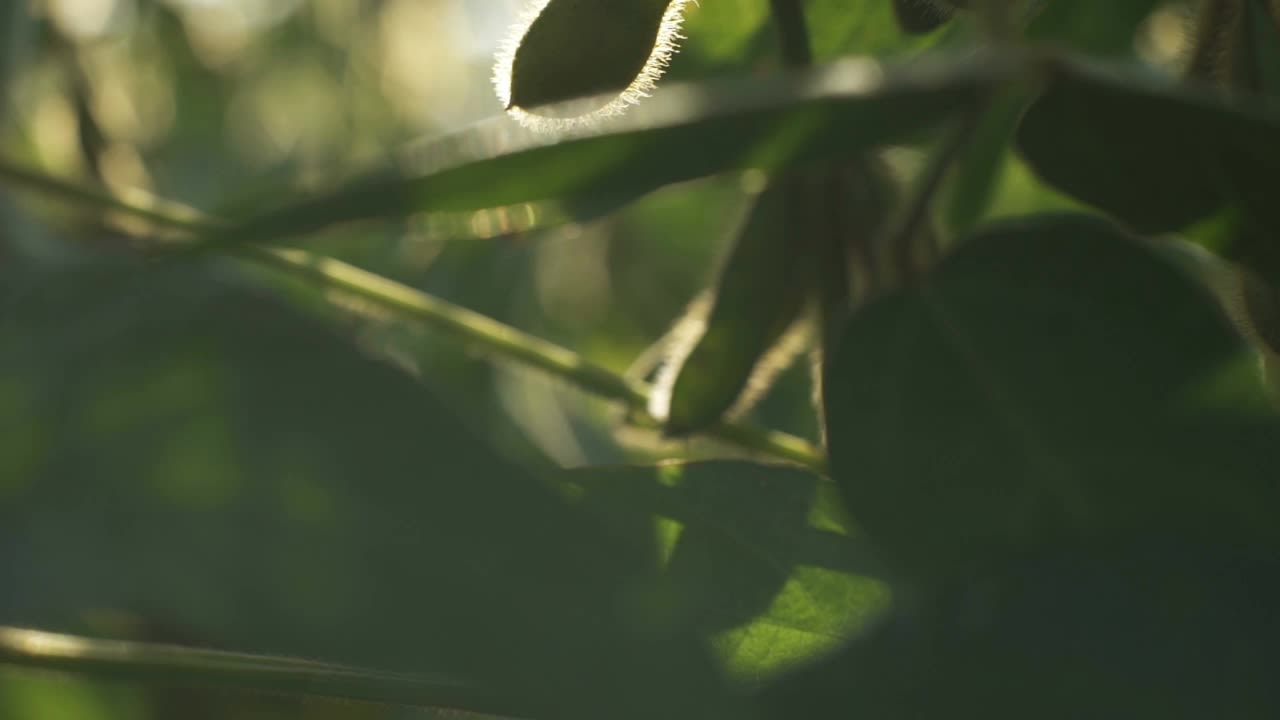
'North Star' for innovation
Developed over three years, the PSF serves as a cornerstone of Syngenta's sustainability strategy. The framework was inspired by the Portfolio Sustainability Assessment methodology used within the chemical industry, developed by the World Business Council for Sustainable Development and progressive chemical companies.
"This framework gives us the data-driven insights to continuously innovate for both farmers and the planet," explains Jason Allerding, Global Head of Sustainability, Health, Safety and Risk Management at Syngenta Seeds. "PSF is incredibly powerful in driving sustainability outcomes that benefit agriculture and ecosystems alike."
The PSF employs a three-tier classification system. Products and services offering the highest sustainability benefits and strongest stakeholder alignment receive Tier 1 status. Those with moderate or higher stakeholder alignment qualify as Tier 2, while those with lower alignment fall into Tier 3.
The graph below shows the 2024 sales percentages for different tiers of Syngenta Crop Protection and Syngenta Seeds Field Crops products:
Syngenta Group’s goal is to grow the proportion of Tier 1 product across its $16 billion portfolio under analysis in 2024.
For Syngenta Seeds, Tier 1 can serve as a 'North Star' - guiding innovation toward solutions that deliver optimal sustainability outcomes without sacrificing desired yield and other characteristics.
Decision criteria used across the business, in particular during the R&D process, give overall preference to parameters that correlate to a higher tier positioning in the PSF. The PSF results then give business leaders a comprehensive reflection of the overall sustainability profile of our portfolio.
"Our seeds research and development is continuously innovating to provide the best possible solutions for farmers, even as they deal with the challenges of climate change," Allerding notes. "It's about making products more resilient and productive during extreme events, like too much water or not enough, and during insect or disease outbreaks. That's making farmers more sustainable and driving better outcomes for food security."
Jason Allerding, Global Head of Sustainability, Health, Safety and Risk Management, Syngenta Seeds.
Jason Allerding, Global Head of Sustainability, Health, Safety and Risk Management, Syngenta Seeds.
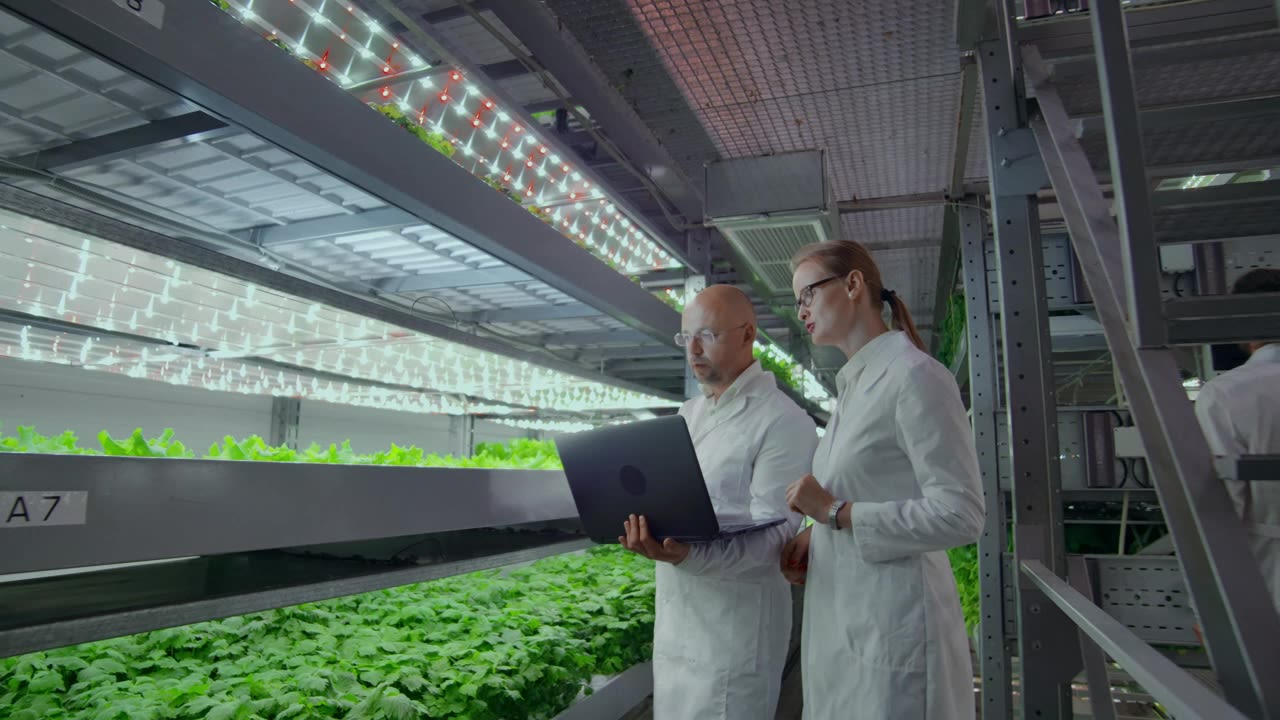
Setting new standards
The expansion of the PSF arrives at a critical moment when global companies face mounting pressure for transparency in their sustainability efforts, particularly from financial institutions and investors.
Syngenta Group's commitment to agricultural sustainability recently helped the company secure a $4.5 billion sustainability-linked loan — the largest of its kind in the Asia Pacific market last year.
The company also released its Group-wide ESG report in April, as it celebrated the achievements of its Sustainability Priorities, a year after they were announced in 2024.
The PSF process, aggregated results showing the distribution of products across tiers, and any methodological changes are voluntarily published and externally audited annually, setting a new benchmark for transparency in agricultural inputs.
"We can be an influencer within our industry," Allerding says. "We want to be able to show that our business strategy is also one of sustainability, so that investors, financiers, partners, and farmers can see us and understand the commitment we're making."

